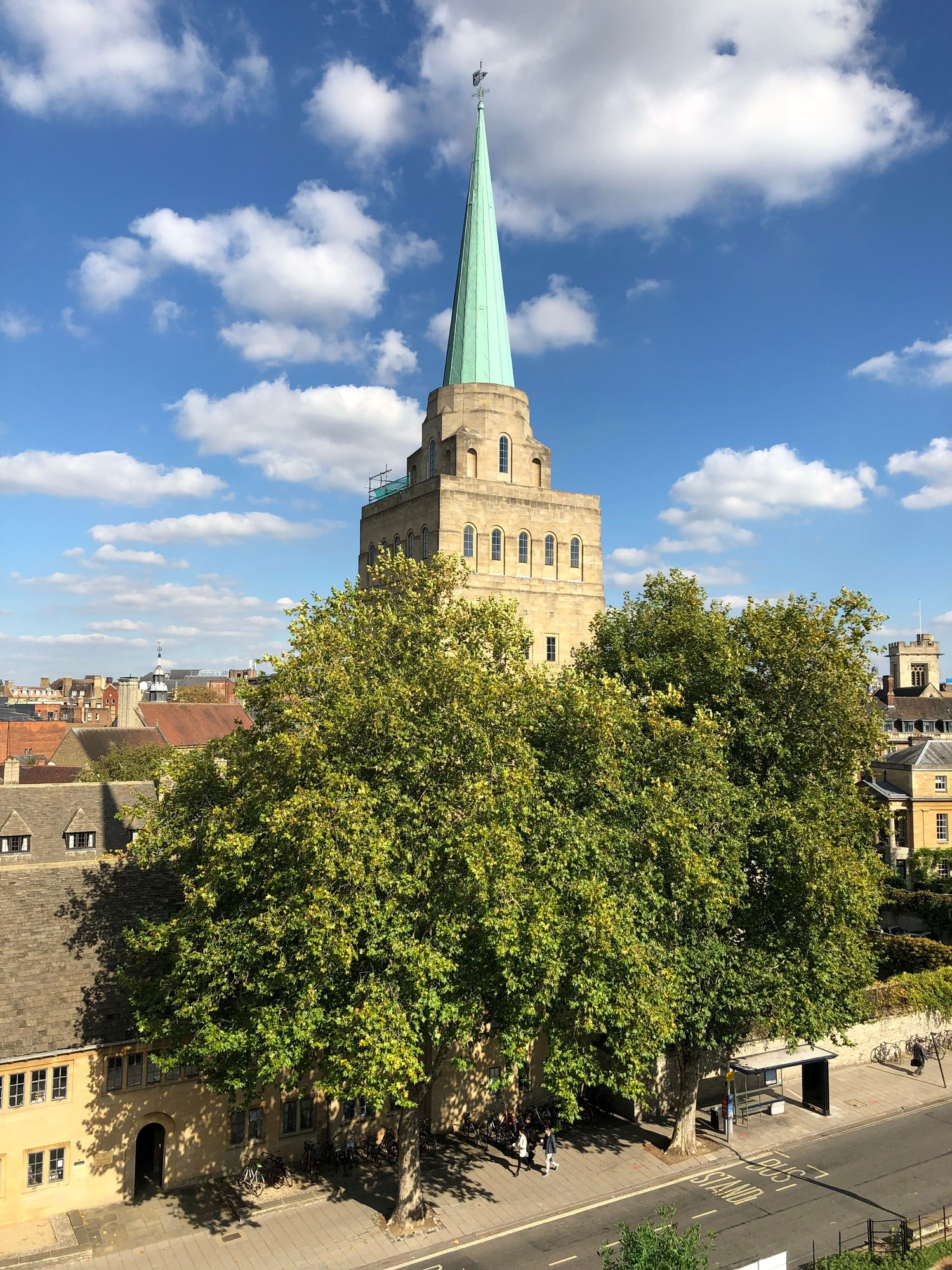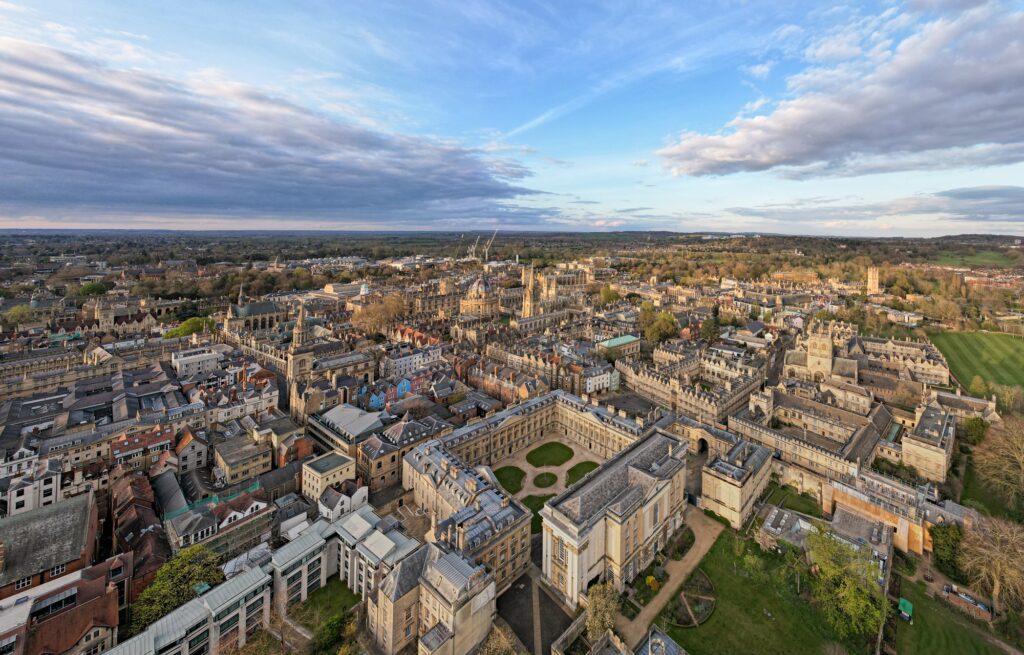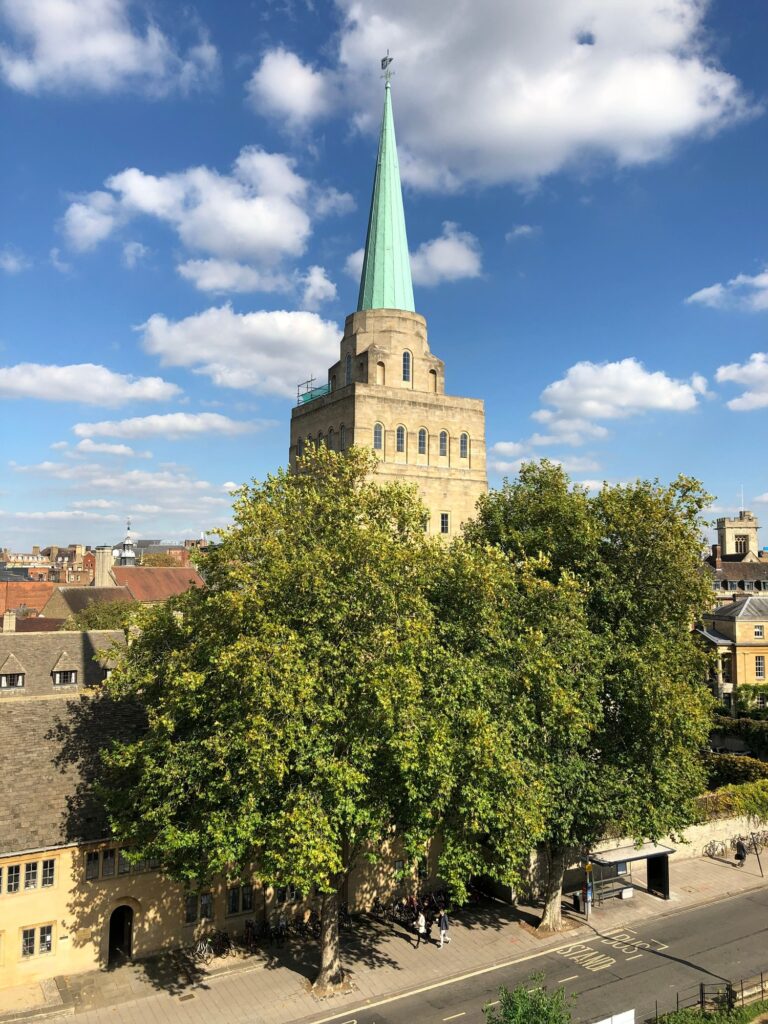Korea
South Korea has quickly risen as one of the most attractive destinations for international students in 2025. Known for its academic excellence, cutting-edge technology, and vibrant culture, the country offers a well-rounded and immersive experience for students from around the world. Whether you’re pursuing engineering, business, or the arts, South Korea provides a dynamic environment that blends modern innovation with deep-rooted traditions.
One of the biggest draws of studying in Korea is the presence of globally recognized universities. Institutions such as Seoul National University (SNU), KAIST, Yonsei University, POSTECH, Korea University, and Sungkyunkwan University (SKKU) have built strong international reputations. These universities offer a wide array of programs taught in English, cutting-edge research opportunities, and strong industry linkages, especially in the fields of technology and science.
Why Study in KOREA?
Globally Recognized Universities
South Korea is home to some of Asia’s top-ranking universities like Seoul National University (SNU), KAIST, Yonsei University, and POSTECH. These institutions offer high-quality education, strong research programs, and growing numbers of English-taught courses, attracting students from around the world.
Affordable Tuition & Living Costs
Compared to Western countries, Korea provides excellent education at a more affordable cost. Public transport, food, and student accommodations are reasonably priced. Many universities and government bodies offer generous scholarships for international students.
Hub of Innovation & Technology
As a global leader in electronics, robotics, and AI, South Korea is an innovation powerhouse. Students in STEM fields benefit from exposure to cutting-edge research, internships with top companies like Samsung and Hyundai, and real-world tech applications.
Rich Culture & Historical Significance
From K-pop and Korean dramas to ancient palaces and traditional festivals, Korea offers a rich cultural experience. Students can also learn the Korean language through immersive programs, enhancing both personal growth and employability.
Work & Career Opportunities
International students are allowed to work part-time during their studies. After graduation, they can apply for job-seeking visas and explore opportunities in Korea’s thriving sectors like IT, design, education, and business.

Requirements to Study in Korea for Nepalese Students
For Nepali students who are planning to study in the UK, it is important to meet certain criteria before you begin your journey. This includes submitting various documents, having specific academic qualifications, and obtaining a visa. To make this process easier for you, we have outlined the requirements necessary for pursuing studies in the UK:
Academic Qualifications
To apply for higher education in South Korea, students must meet the academic entry requirements for their desired program. Undergraduate applicants should have completed +2, while postgraduate applicants must hold a recognized bachelor's degree.
Language Proficiency
For Korean-taught programs, students are generally required to submit a TOPIK (Test of Proficiency in Korean) score of level 3 or above. For English-medium programs, IELTS or TOEFL scores are often accepted. Some universities also offer Korean language preparatory courses before the main academic program.
Financial Requirements
Applicants must provide proof of financial capacity to cover both tuition and living expenses. This usually involves maintaining a bank balance of around USD 10,000 to 15,000, either in the student’s or guardian’s account. Financial proof is required during both the university admission and visa application processes.
Student Visa Application (D-2 Visa)
Students must apply for a D-2 student visa through the Korean Embassy in Nepal. This involves submitting the university admission letter, academic and financial documents, a valid passport, visa application form, and sometimes a medical certificate. Upon approval, students can legally travel to Korea to begin their studies.
Scholarships to Study in Korea for Nepalese Students
International students aiming to study in the Korea can secure financial help from a range of scholarships. These awards are made available by universities, government bodies, private foundations, and other sources. Depending on the scholarship programme, they could provide support for tuition fees, cover living costs, or both. To give you an idea of the different offers available, here is a summary along with information about each one’s name, value, and eligibility requirements:
|
Scholarship
|
Amount
|
Eligibility
|
|---|---|---|
|
University-specific scholarships
|
Varies
|
Dependent on the university and eligibility criteria
|
| Scholarship | Amount | Eligibility |
|---|---|---|
| University-specific scholarships | Varies | Dependent on the university and eligibility criteria |
Intakes in Korea
Korea universities offer a great deal of flexibility to international students by providing multiple intakes for enrollment throughout the year.

Spring Semester
March – June
- Application period: September – November 2024

Fall Semster
May – June
- Application period: May – June 2025
Popular Courses In Korea
Universities In Korea

University of Greenwich
London, UK
Oxford University
Cambridge, UK
University of Belfast
London, UK
Nuffield College
Cambridge, UKHave a Question?
FAQ
Our FAQ section is designed to make your journey easier. We’ve compiled answers to the most common questions. Still need help? Reach out any day of the week, and our team will get back to you within 24 hours.
You need to meet academic qualifications (e.g., +2 for undergrad, bachelor’s for postgrad), prove language proficiency (TOPIK/IELTS/TOEFL), show financial ability, and obtain a D-2 student visa.
Not always. Many universities offer English-taught programs. However, for Korean-taught programs, a TOPIK score (level 3 or above) is usually required. Learning Korean is recommended for daily life and work.
TOPIK: For Korean-taught courses
IELTS / TOEFL: For English-taught courses
Some universities may have their own internal language tests.
Tuition typically ranges from USD 3,000–7,000 per semester, depending on the program and university. Living expenses are approximately USD 500–800 per month.
Yes. Scholarships are offered by Korean universities, the Korean government (like GKS), and private organizations. These may cover tuition, living costs, and even airfare.
Common choices include:
Engineering & Technology
Business & Management
Computer Science & AI
Korean Language & Cultural Studies
Fashion, Design, and Media
Health & Life Sciences
Want to Study in the Korea?
Ready to make your dream come true?
Get personalized counseling and find your ideal university.
Get personalized counseling and find your ideal university.
